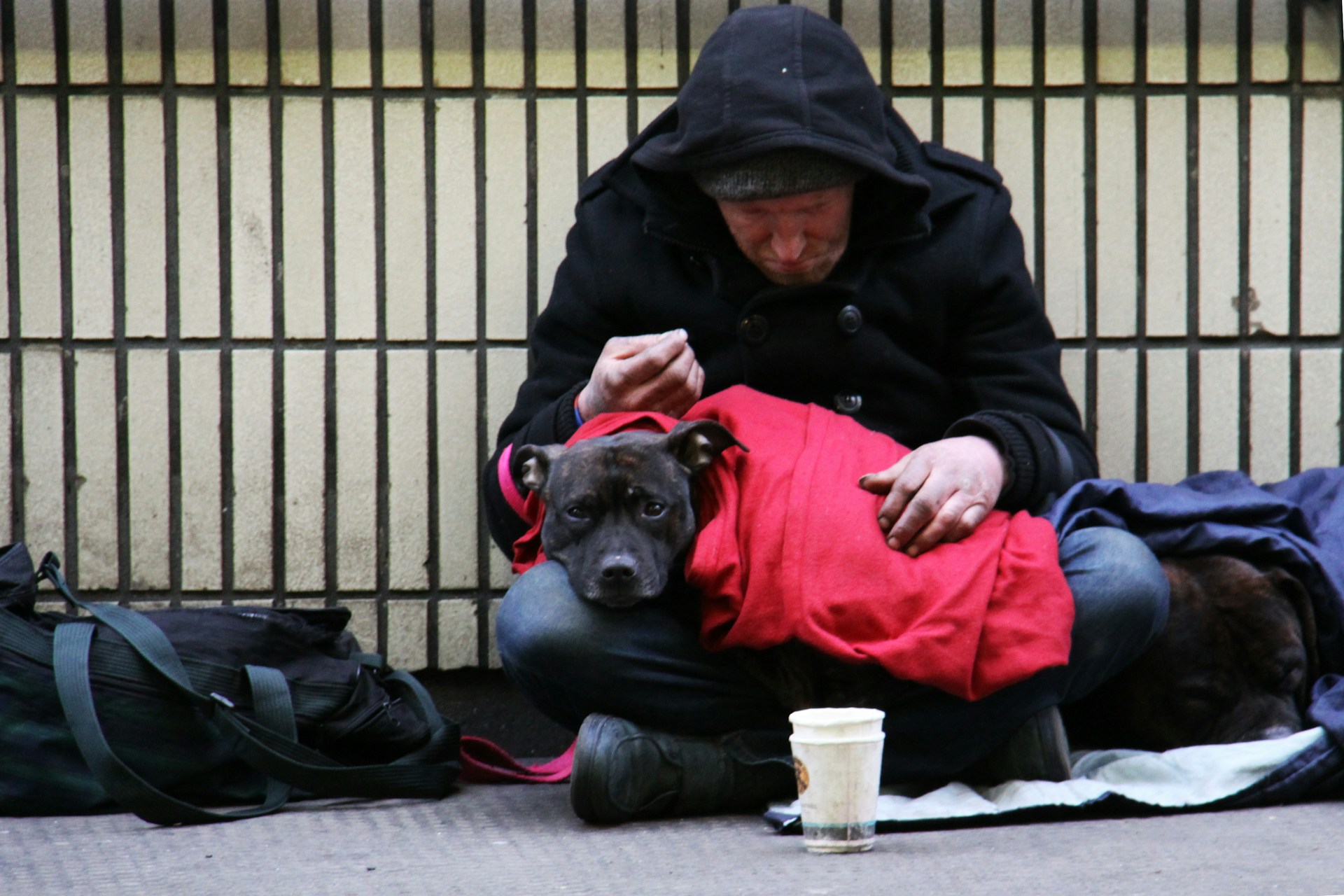Voters in Oregon may soon decide whether the state will be the first in the nation to implement a universal basic income program that would tax corporations to put money in the pockets of residents.
According to The Oregonian, supporters of Initiative Petition 17 claim to have obtained thousands more signatures than were required to place the guaranteed income proposal on the ballot in Oregon this fall.
Signature Certifications

Before the measure can be officially added to the November ballot, the Secretary of State’s office still needs to certify the signatures.
The initiative would then be approved or rejected by voters if it is included in the ballot later this year.
Denver Pilot Program
Jarun Laws, 51, a Denver resident, used his basic income to pay for food and rent.
Ingrid Sullivan, 48, told Business Insider, “My life was always just a couple hundred dollars short. For the first time, I can breathe.”
Poverty Strategy

Guaranteed basic income has turned into a more and more popular poverty-solution initiative in US urban communities.
More than 50 regions have attempted the GBI model starting around 2019, offering low-income members somewhere in the range of $100 and $1,000 every month, with no hidden obligations, for a set time frame period.
Difference to Social Services

What makes basic income not the same as traditional social services is the component of decision.
The participants informed BI that they used the funds in the following areas: housing, food, transportation, and debt reimbursement.
Federal Poverty Line

Participants typically live below the federal poverty line. Be that as it may, a few projects have likewise centered around targeted populaces.
For example, new and anticipating moms, families with kids, or those experiencing homelessness.
Past Programs

Cities and counties in Arizona, Alabama, Virginia, Rhode Island, Pennsylvania, New Jersey, Mississippi, Louisiana, Indiana, Florida, North Carolina, South Carolina, Washington, and Washington, DC have completed basic-income pilot projects.
Republican legislators continue to oppose GBI, describing the programs as “socialist” and asserting that they discourage low-income individuals from entering the workforce.
Republican Resistance

In April, Iowa banned GBI, and in February, the Arizona House of Representatives voted to prohibit basic income.
An “unconstitutional” program in the Houston area was temporarily blocked on April 23 by the Texas Supreme Court, according to the attorney general.
National Operation

Basic income programs continue to operate nationwide despite these political obstacles.
The Oregon proposal comes as basic income programs are being tested out in an increasing number of US cities and counties.
Payment Structure

All members of a given population typically receive a recurring cash payment from the programs, and program participants are eligible to receive the funds regardless of their employment status. Additionally, there are no spending restrictions for recipients.
Oregon’s proposed UBI program would be a first-of-its-sort initiative, providing each state occupant about $750 every year, as indicated by The Oregonian.
Funding Source

A 3% tax on corporate sales over $25 million would be implemented to fund the program, and residents of all ages would receive equally distributed funds.
The initiative draft says that the money would be distributed by Oregon’s State Department of Revenue, and residents could choose to receive it in cash or as a refundable tax credit.
Tax Surplus

Services for the elderly, the healthcare system, and education would receive any remaining funding from the corporation tax.
According to The Oregonian, some business leaders appear to be concerned about support for the proposal.
Business groups are preparing a campaign to oppose the proposal and preparing for a fight over the measure, arguing that it would hurt the state’s economy.
